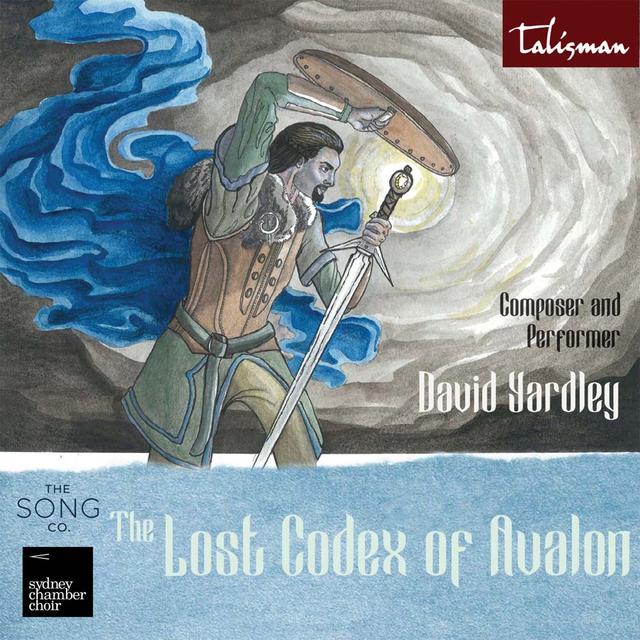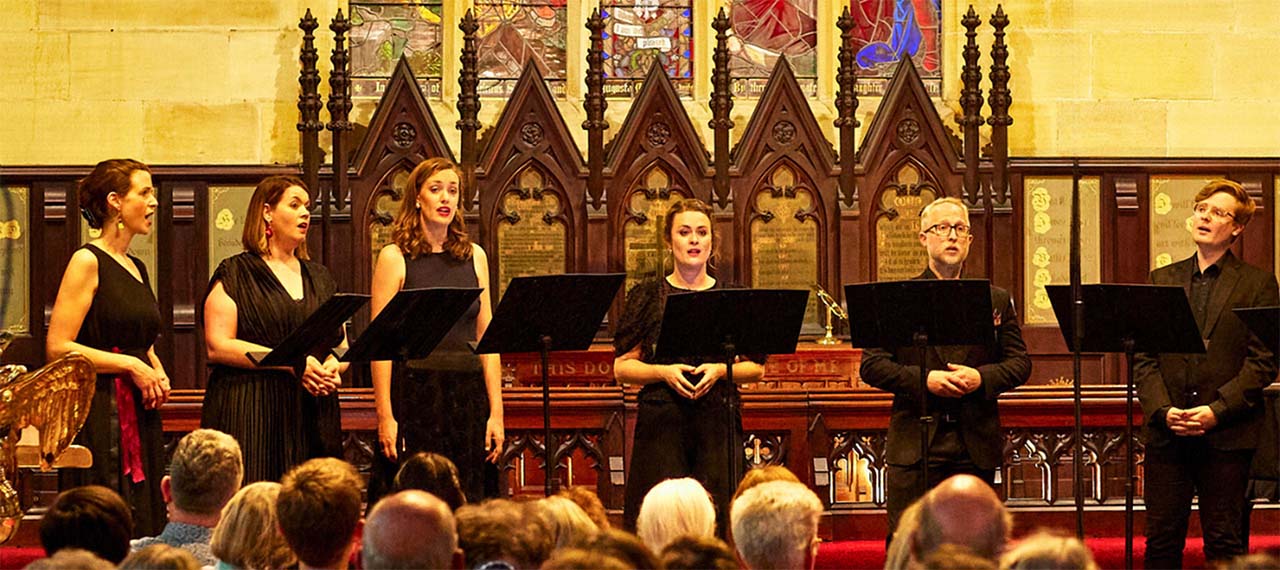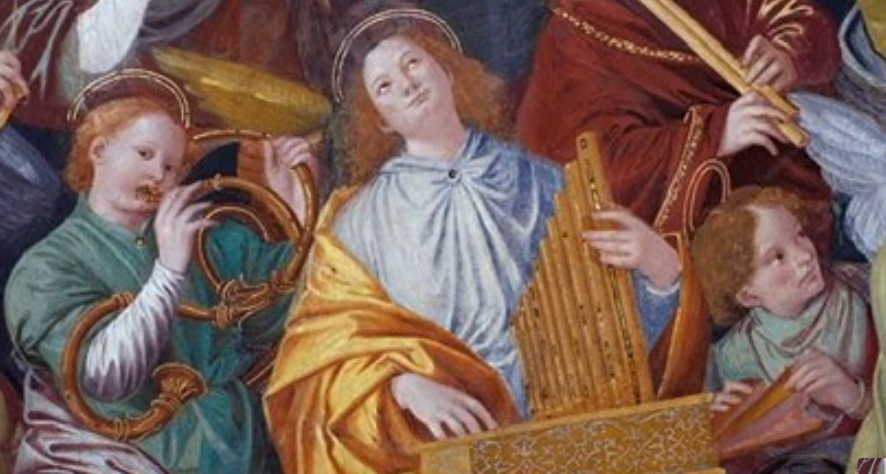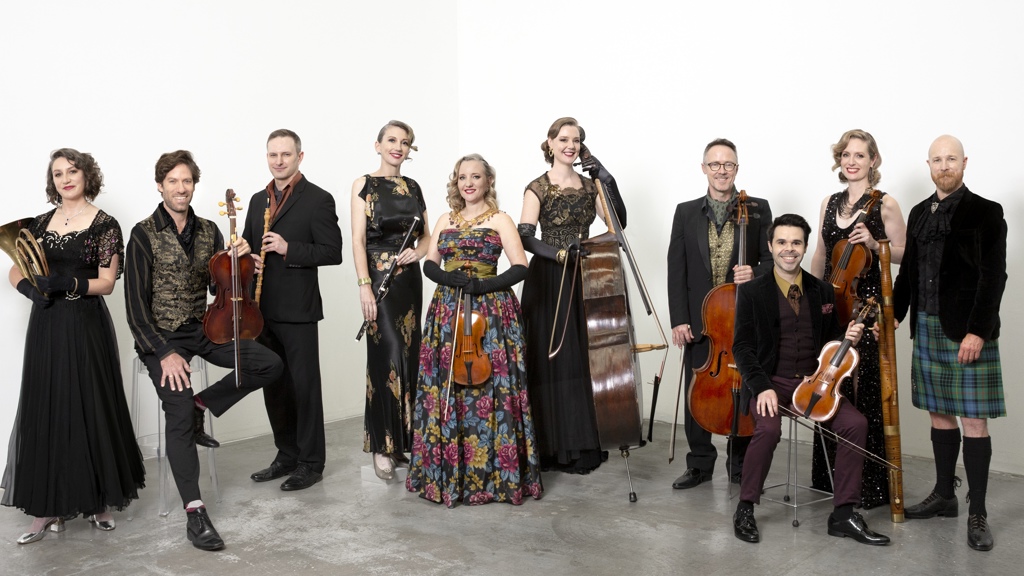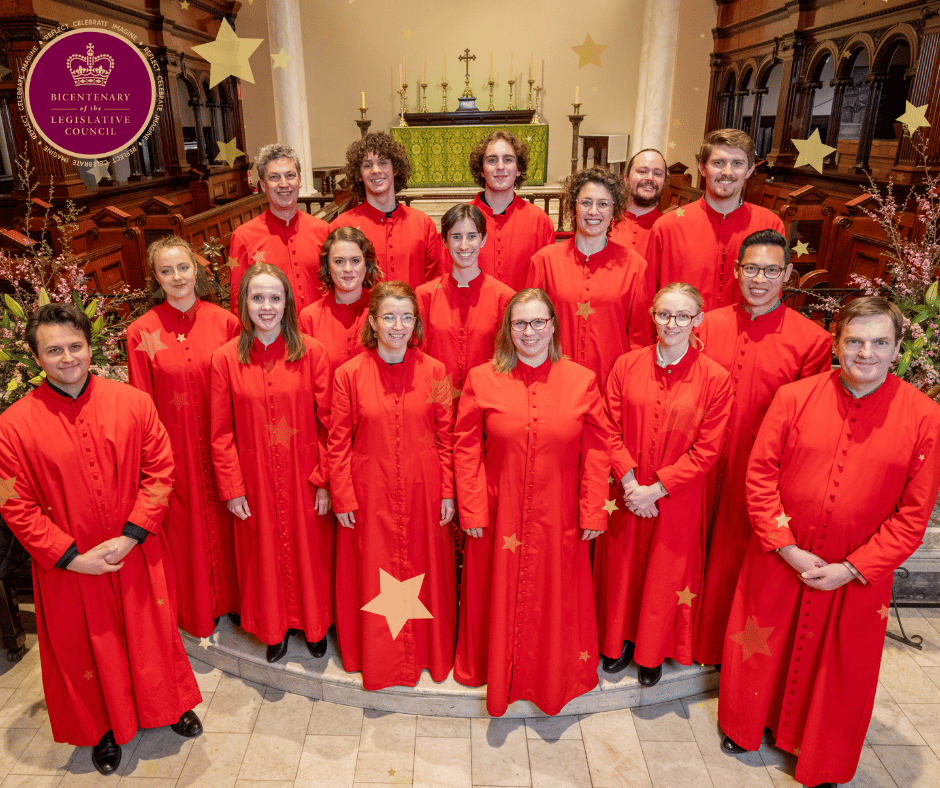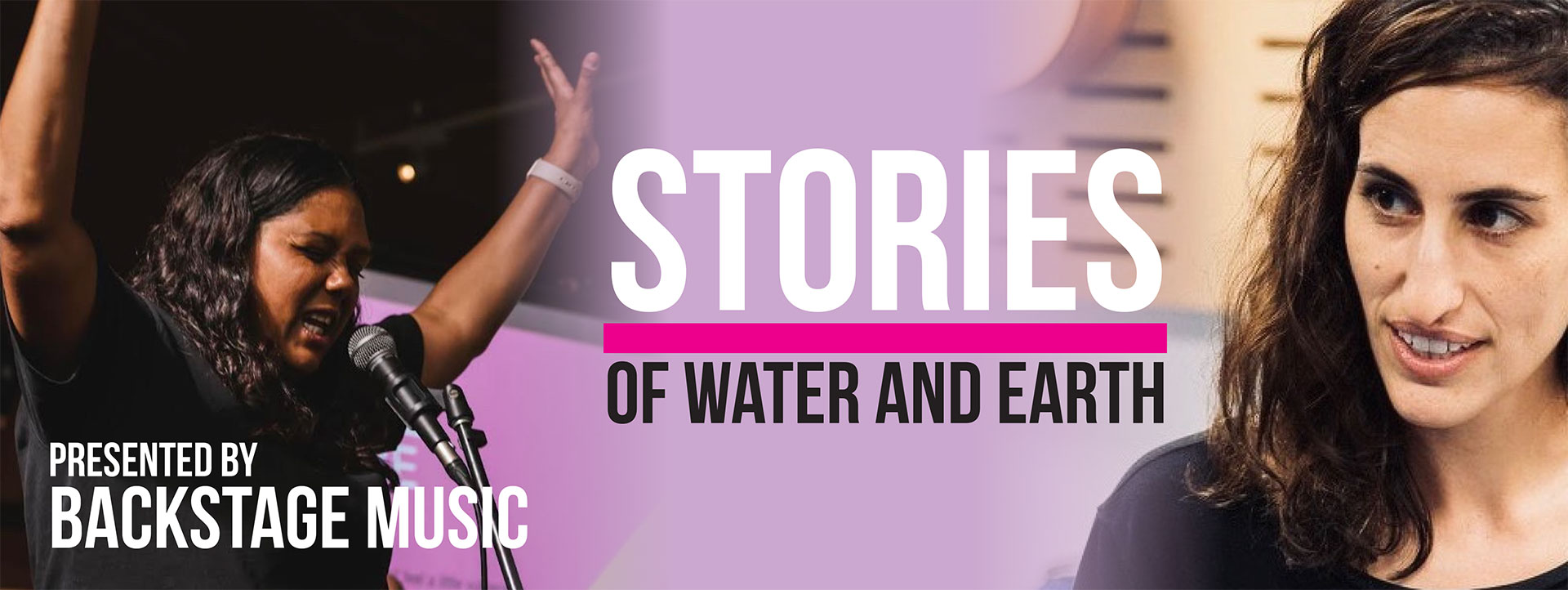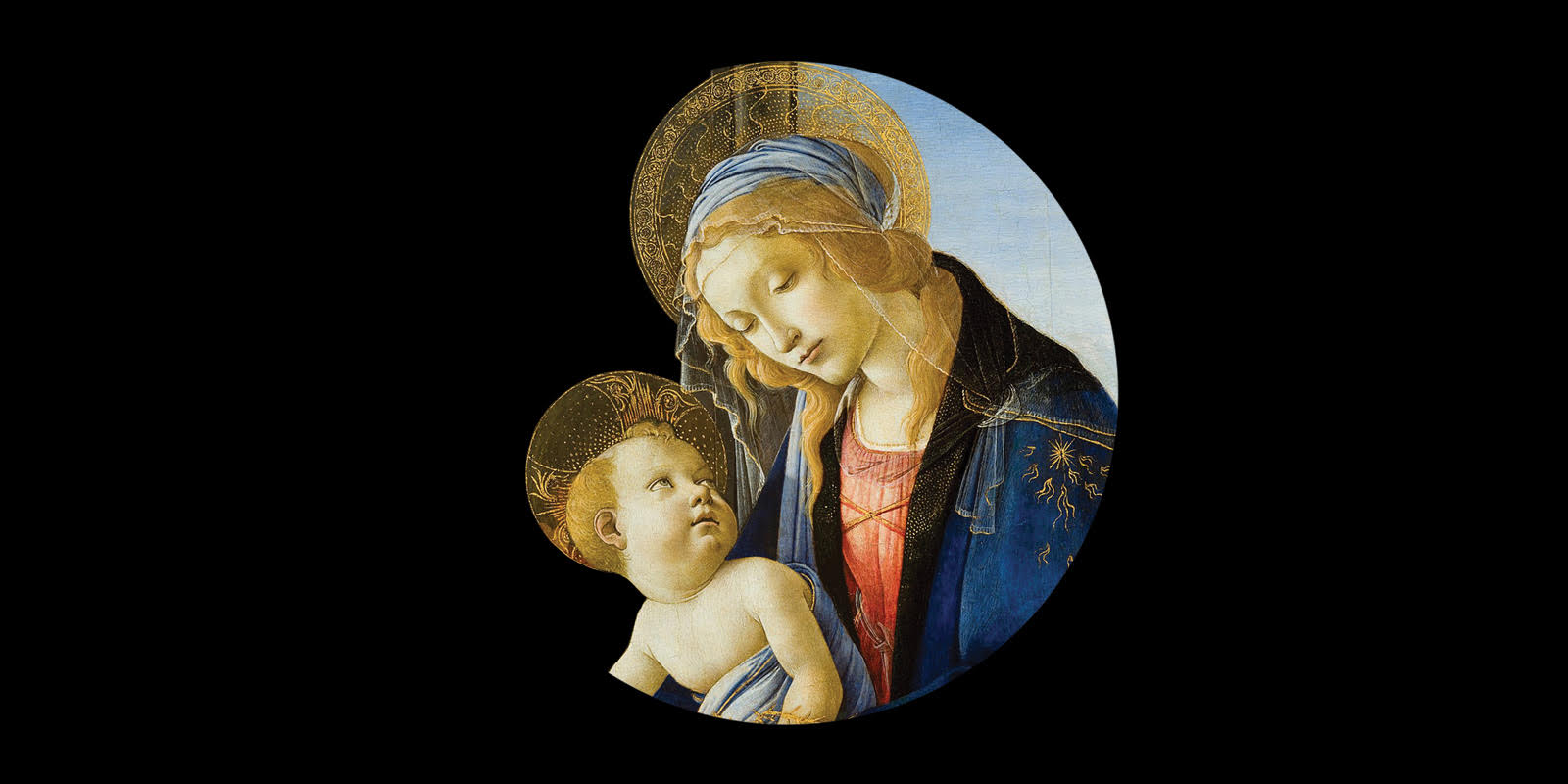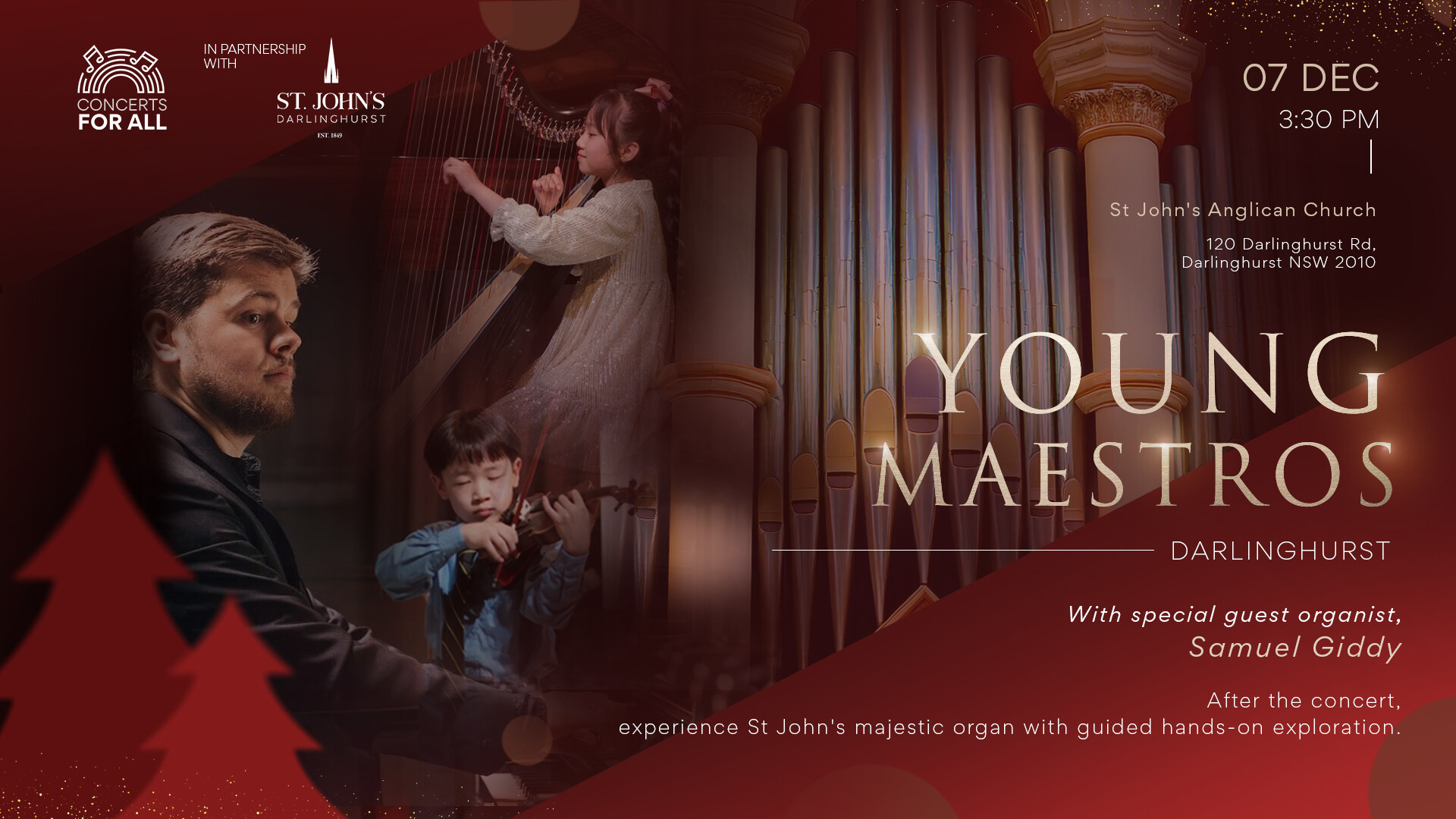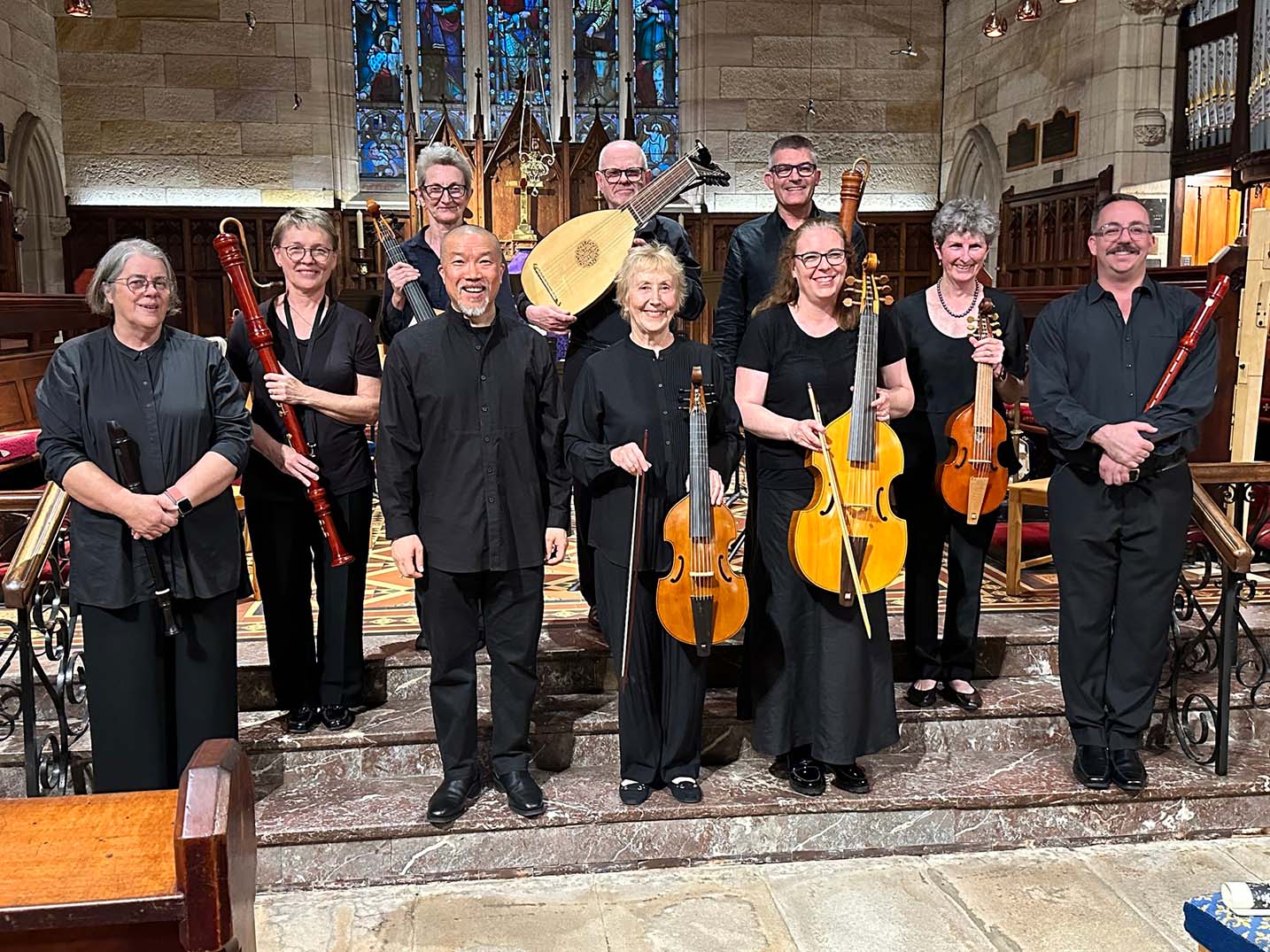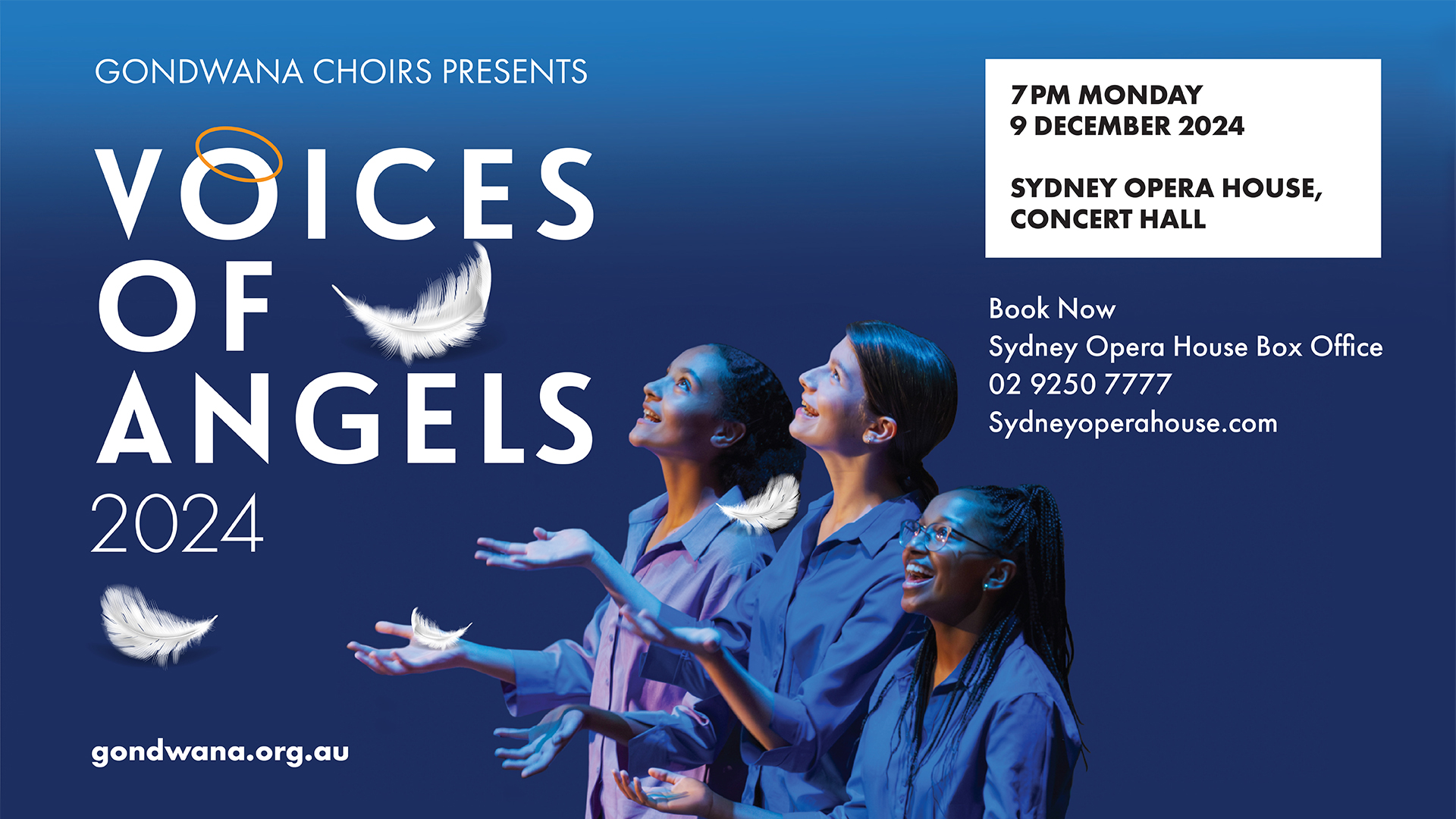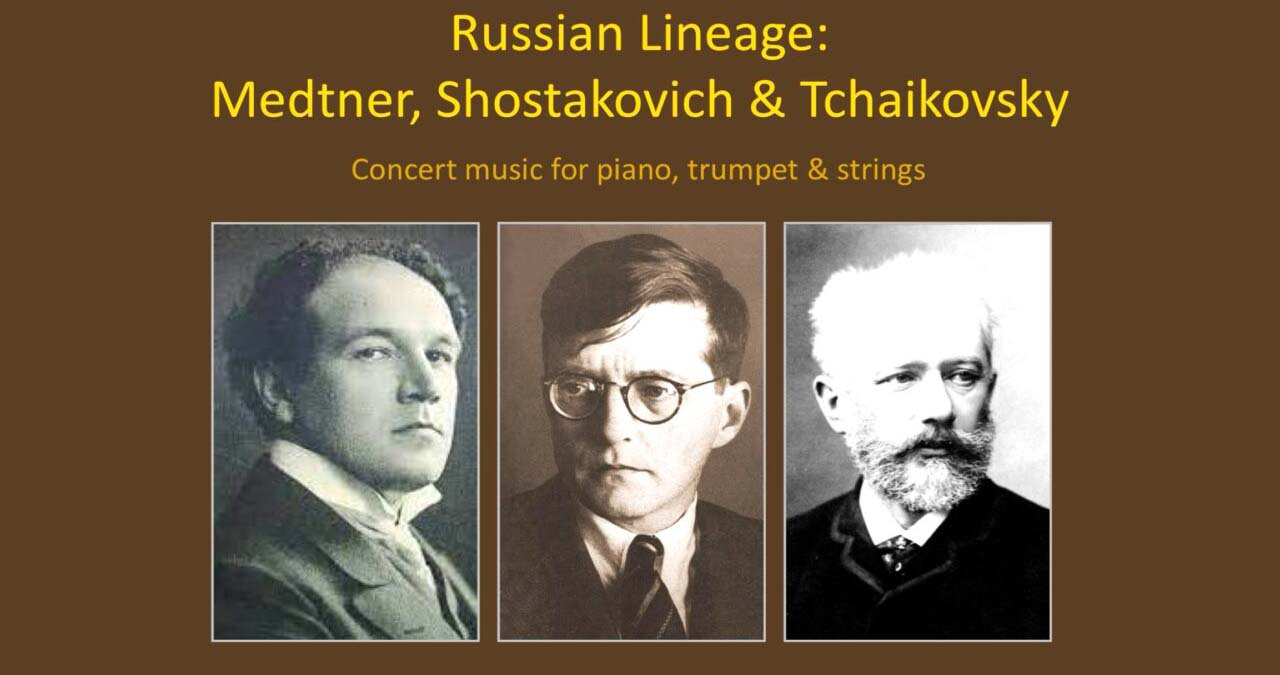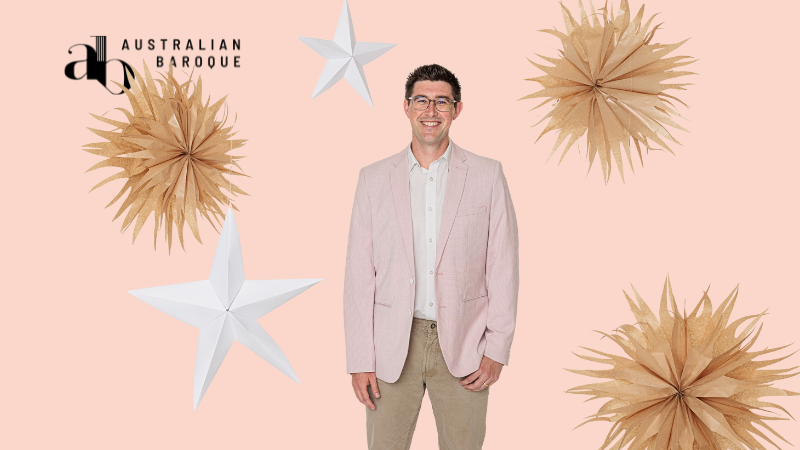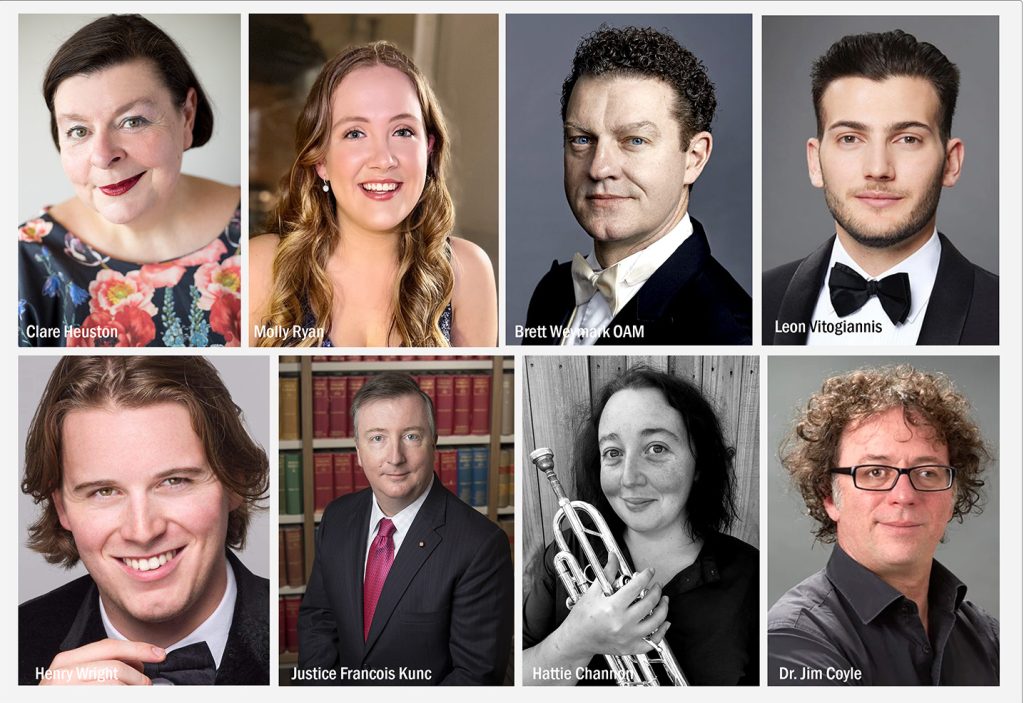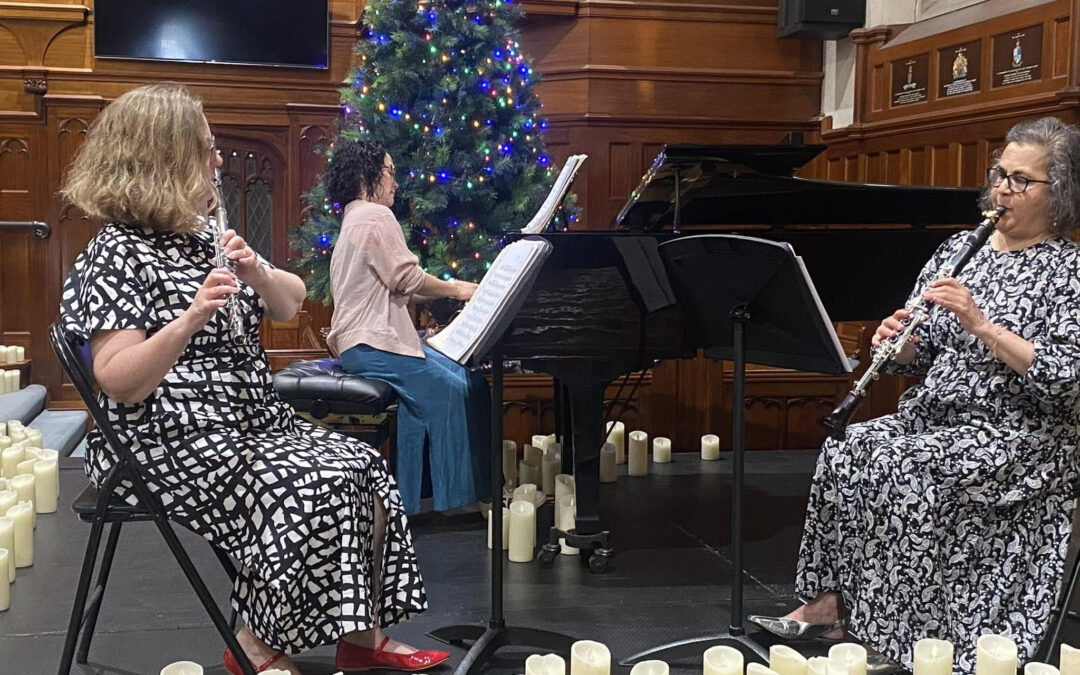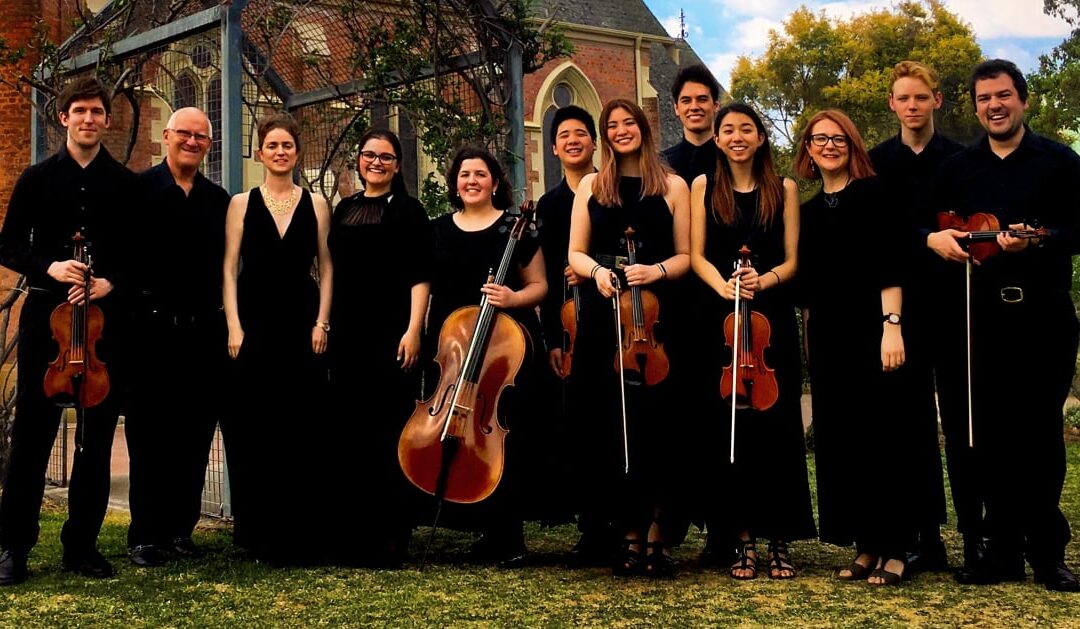David Yardley, The Lost Codex of Avalon
Album Launch – Dec 18, 2021, Sydney
‘Fantasy and medieval music for our times’ is what David Yardley’s website promises and, judging by the wonderful music presented at this weekend’s launch of his second album, that is exactly what you will get… so, what does that mean exactly? Imagine a leather clad troubadour striking a handsome handmade wooden lyre intoning tales of dragons and battles, loves and passions, and you might begin to conjure up the broad genre of music presented in this afternoon performance to celebrate a new recording of Yardley’s compositions,’The Lost Codex of Avalon’.

Yardley, a self-styled modern bard plays a harp that was reconstructed from an image preserved since the 12th Century and his new album features Middle English songs and carols from the 14th century, their text preserved but the tunes lost to history, plus a smattering of modern fantasy verse, described by Yardley in brief as ‘wizards, potions and vampires and that sort of thing’. The performance began with Lay of the Ash Tree (the last work on the album) an expressive 12th century lay (a form of long narrative or lyric poem in octosyllabic verse often sung by medieval minstrels) in which Yardley, solo, switched between his superb countertenor vocals and the spoken word while accompanying himself on harp. And what a voice! With equal measures of highly trained technicality combined with a sense of innocence his is a vocal sound world that truly transports the listener to another realm.
O, O, O, O! Exultet Mundus Gaudio (Let the World Exult in Joy) was one of 3 medieval Christmas Carols on the album, performed by a small group of singers from Sydney Chamber Choir who feature on the recording alongside solo voices from The Song Company and the incomparable Jess Ciampa on percussion. While the texts of these Carols have been maintained in print the music has not survived and Yardley has taken it upon himself to recreate the tunes “not as a pastiche, nor copying” he says, “but creating something different and new – like Tolkien – yet still preserving the spirit of the original verse”. “Virtually no-one reads carol texts for fun,” he points out, but these are verses that need to be sung, and Yardley is on a quest to explore and amplify the space for medieval music, to bring the lost texts back to life so they can once again move people as they did 600 years ago. It’s a worthy cause and he is doing an admirable job with this album.
We also had a preview of a section on the album called “Knights, Visions and Baptisms” with Amy Moore’s clear as a bell soprano rising above a choral drone as she sang A Vision Julian of Norwich, “revelations to one who could not read a letter” (1373), plus a teaser of sorts – the verse Whisperings written and spoken by award winning contemporary fantasy poet Anne Casey. This verse has been set to Yardley’s exquisite solo vocals and medieval harp on the album, joined by The Song Company, and Casey described the composition as ‘truly transcendent’. The next piece O Gentlest Love, I Have Not Played for You upon the Lute of Jade lived up to her high accolades – performed as a trio, Amy Moore’s soprano takes the melody while the two male vocals (David Hidden and Koen van Stade) provide delightful syncopation and ornamentation around the tune. This time the text was more modern, a 1920’s verse by well-known American fantasy poet and member of the Lovecraft circle, Clark Ashton Smith.
Ashton Smith’s verse once again featured in a wonderfully wrought mash up, his Tears of Lilith together with the 15th Century text Adam Lay Ybounden (for context Lilith is variously depicted as the mother of Adam’s demonic offspring following his separation from Eve or as his first wife). With Adam’s song sung by the men taking turns with Lilith’s (sung by the women) this was an intriguing use of storytelling from different ages which encompassed some darker, more modern sounding chordal structures, performed with beautifully expressive vocals from members of the Sydney Chamber Choir.
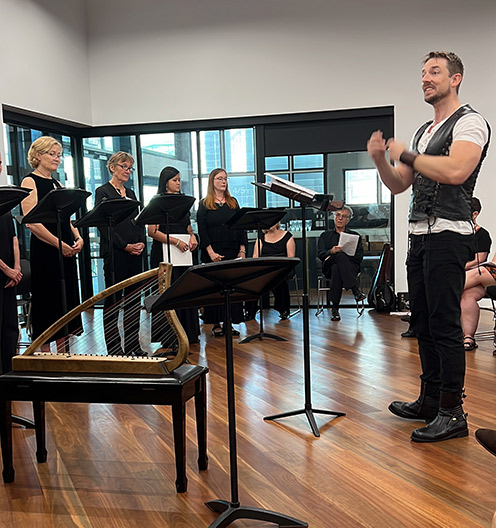
The final work of this short launch was the first song from the album, A Troubadour Laments the Plague of 1348, a text by Peire be Lunel in the occitan language from a time when Plague tore through Toulouse. Yardley noted that after these plagues of medieval times there was an outpouring of art and he believes the same will be true of current times, I hope so! Given that this album was recorded during the Covid 19 pandemic at times where health advice allowed for recording to occur it was an appropriate and reflective close, the final lines offering a medieval perspective on our current situation.
These are brutal and disordered times,
In the whole world there is great poverty;
But we pray for swift healing
from our faults.
On returning home I immediately played and enjoyed the full CD which does indeed evoke different times and worlds. This is the first of two albums of Yardley’s compositions inspired by history and mythology that speak to modern audiences. I do look forward to ‘part 2’ of The Lost Codex of Avalon.
Photo credit: Adam Henry

